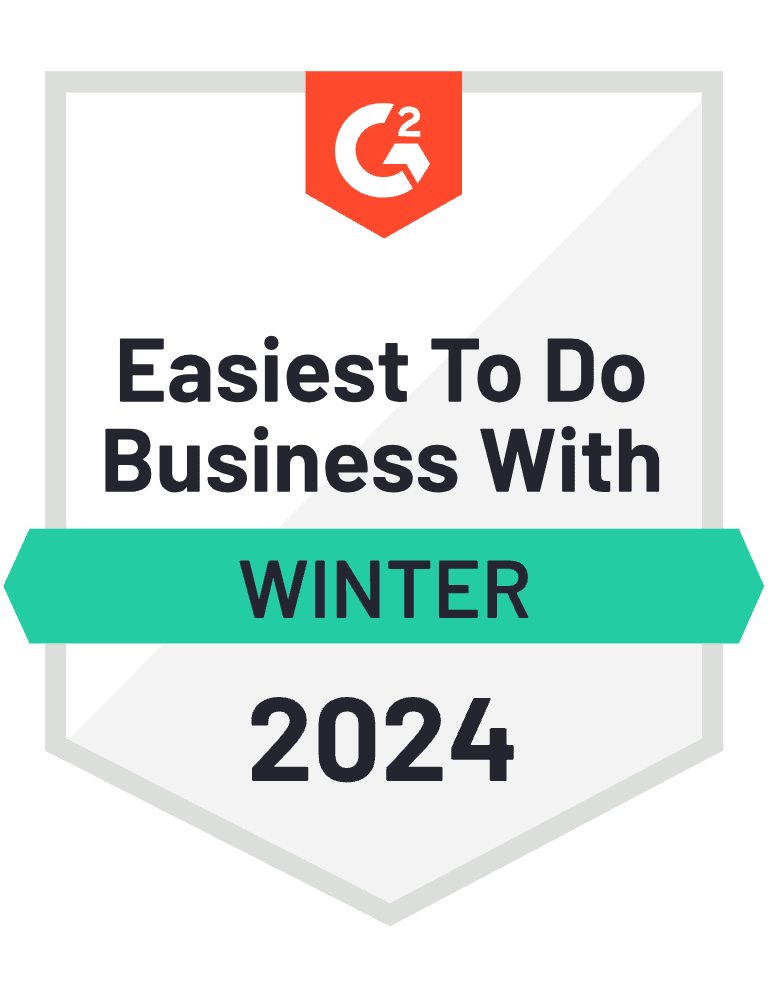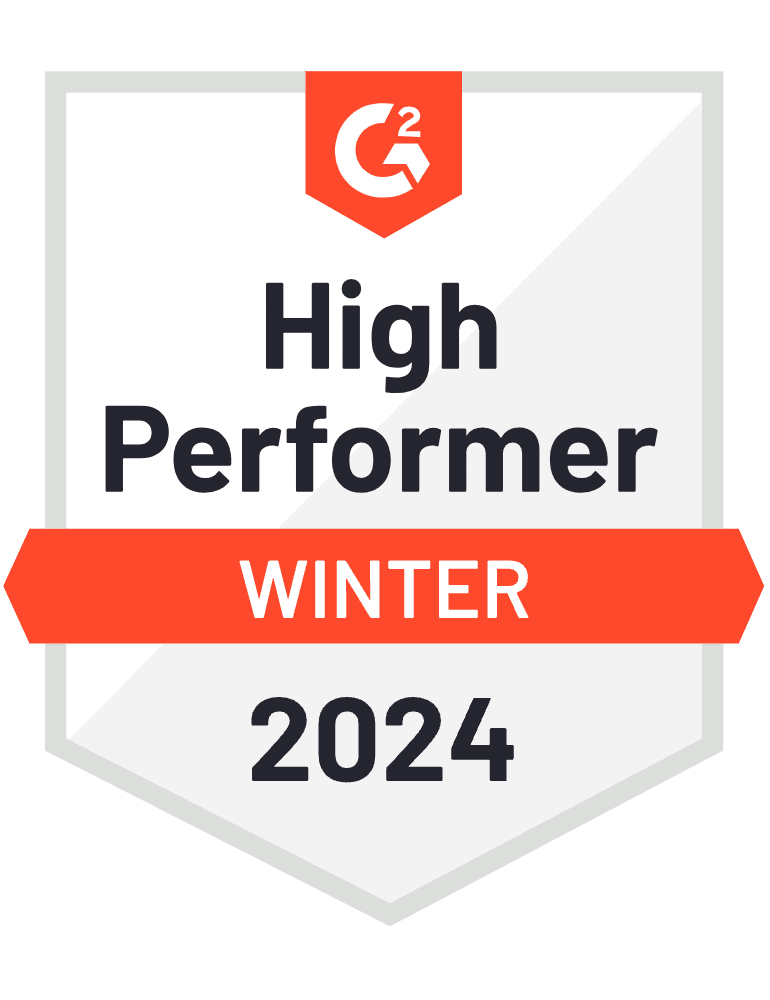EcoSystems
Zesty.io Cloud Content Instances are networked through an EcoSystem, they can share code, media and data between each other to create rich distributed systems.
Zesty.io EcoSystems
#EcoSystems are used to network together Content Instances. Once networked in an EcoSystem, Content Instances may share share content, code, and media. EcoSystems are an add-on product in the Zesty.io Platform.
Common Users for EcoSystems
- Mass multisite installations
- Brands managing multiple instances
- Information Intranets
- Reseller/Partner Templates
EcoMedia (Shared Media)
#Zesty.io Cloud Content Instances are launched with a Micro Dam. EcoMedia allows Micro DAMs (Zesty.io Digital Asset Managers) to be shared between Cloud Content Instances. This is useful for mass multisite installations or just when a couple company Instances want to share brand elements.
The EcoMedia experience blends seamlessly into the Content Manager user interface, and appear as top level folder to which the user can browse, access, and upload.
Ways to Use EcoMedia
- Shared Branding Elements
- Multi-site Shared Images
EcoCode (Shared View Templates)
#Zesty.io Cloud Content Instances are launched with the Web[Site] Engine option which allows for custom view and template creation. EcoCode allows for view template code written in HTML and Parsley (not excluding inline CSS or Javascript) to be shared as amongst other Cloud Content Instances in the same EcoSystem.
Ways to Use EcoCode
- Multi-site Shared Template Code
- Consistent Footers and Headers
- Shared Endpoint Logic
- Widgets and HTML Page Components
Implementing EcoCode
EcoCode can be accessed by any Content Instance that is part of an EcoSystem. EcoCode is implemented as Parsley code, and can be accessed from any view. It is simply done by knowing two pieces of information: the ZUID of an Instance and the name of a view. Currently, EcoCode is not available for OYD setups.
The above line of Parsley code would attempt to access the Instance's (with the ZUID 8-x1y2z3-b4c5d6f7) footer view.
NOTE: This feature requires activation. Please connect with your Account Manager if you would like to use EcoCode.
EcoCode Scope
EcoCode shared a view from an instance, but not the data in that Instance. It will reference the data on the instance that loads the view. Let's say we have two Cloud Content Instances.
- Instance One
8-x1y2z3-b4c5d6f7has a view namedfooter - Instance Two
8-b4c5d6-t4z3x2y1has a viewhomepagethat references thefooterview in Instance One
The homepage view file will include the foreign view from Instance One. Scope wise, the Parsley call to {{page.title}} in the footer view on Instance One will attempt to access the page data from Instance Two, not Instance One. This means that EcoCode shared views references local data on the instance its shared onto, not the remote data.
Connect with Content Experts
Book a free 15-minute consultation with a content expert. Discuss your application, pain points and requirements. Understand how Zesty's lower total cost of ownership, features, functionality can elevate your business by creating extraordinary digital experiences.
Trusted By








G2 MOMENTUM LEADER



